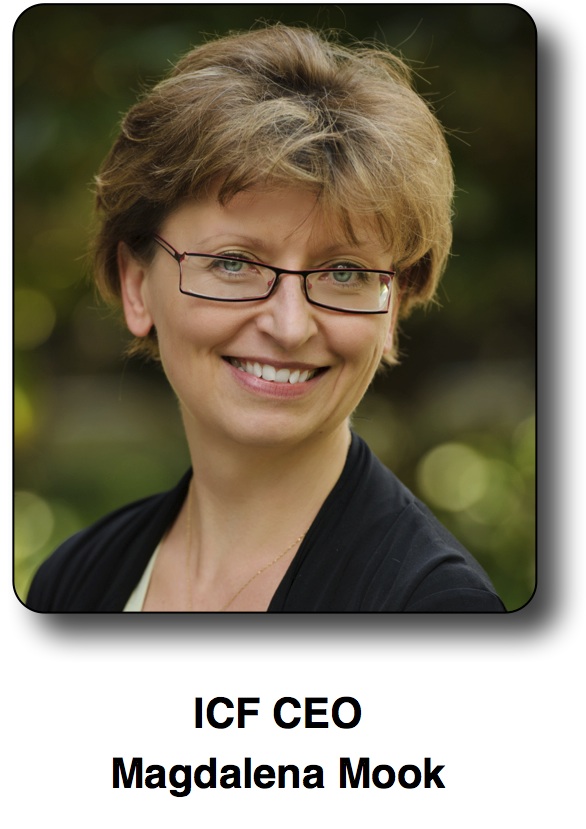Health Volunteers Overseas - A model for international capacity building and outreach
25 Years ago, a group of orthopaedic physicians saw the need to help resource poor international communities through education, training and capacity building.
Today, Health Volunteers Overseas (HVO) facilitates  and manages the delivery of nearly 500 volunteers annually through 90 projects in 25 countries world-wide.
and manages the delivery of nearly 500 volunteers annually through 90 projects in 25 countries world-wide.
Working in partnership with professional medical associations like the American Dental Association (ADA) and the American Academy of Dermatology (AAD), HVO helps partner organizations have a much more effective impact when meeting their capacity building objectives.
It is also a very smart option from the resource allocation perspective, both in terms of staff and financial commitments. At present, an annual $5,000 membership fee from partner associations is all that is required to have HVO organize and administer international teaching programs.
For associations that are trying to make an impact through the sharing of knowledge and skills with lessor developed communities around the world, partnering with HVO is a smart and valuable option.
Most associations in the health care field (and many associations outside of health care) have an element of international outreach and capacity building as part of their mission, vision and business plans. However, many also struggle to maintain effective long term programs for a variety of reasons.
Challenges to effective, long term humanitarian projects
Making a real, measurable difference through capacity building projects is notoriously hard to achieve and sustain over the long haul. All associations face one or more major obstacles at some point, including:
Inadequate resources - Capacity building and outreach requires people, time and money. Even with all volunteer efforts, staff are still required to dedicate some time to international outreach. From a finacial perspective, volunteers usually require their travel and related expenses to be covered, at a minimum.
Because most outreach efforts do not generate any revenue, they are one of the first areas to be cut when budgets get tight. Real capacity building cannot be achieved by one week a year or ad hoc assignments. It needs a dependable, long term and sustained effort.
Changing priorities - Many outreach efforts are well intentioned projects initiated after a board member has visited a lessor developed region or a request has been made from a developing country organization. Over time, boards and leadership change. Priorities then shift as the board may elect to pursue other altruistic projects or the efforts are dropped altogether.
Lack of experience - Sending association volunteers overseas requires a significant amount of knowledge and experience to master the logistical and programmatic obstacles. Nothing that involves international training and education programs is straight forward; from the visa and entry requirements to health and safety issues to understanding the true needs and abilities of your target communities.
In most cases, staff that work on an association's outreach and international capacity building efforts also have other responsibilities. This makes it that much more challenging to apply the time and attention needed to these important but non-revenue generating activities.
Why should associations partner with HVO?
Associations, like the American Academy of Dermatology (AAD) work together with HVO to deliver much needed education and training programs. AAD uses the services of HVO to enable willing volunteer dermatologists to participate in important long term training programs.
 Jessica Kirk, MD is an AAD member and HVO volunteerBy working with HVO in this way, AAD saves an enormous amount of valuable staff time that can be applied to other, equally important projects, while still meeting its humanitarian goals.
Jessica Kirk, MD is an AAD member and HVO volunteerBy working with HVO in this way, AAD saves an enormous amount of valuable staff time that can be applied to other, equally important projects, while still meeting its humanitarian goals.
In collaboration with its partner organizations, like AAD, HVO screens recipient communities, making sure that the people and institutions that receive training are true not-for-profit organizations and that they will have the capacity to implement their new skills and knowledge.
In addition, HVO has a very mature and well thought-out process to help prepare qualified volunteers to make sure they will be successful when they deliver a training and education project.
For partner associations, this model is not only extremely cost effective (associations pay only a $5,000 annual membership fee as an HVO partner), but it saves staff time (worth well in excess of the membership fee) and helps guarantee that the association's volunteers are as well prepared as they can be to succeed.
For partner associations, this is a unique and highly valuable alternative when it comes to delivering important humanitarian projects.
For all associations that are active internationally, it serves as a model of how leveraging the skills and capabilities of a partner organization can not only save you time and money but can actually increase your chances of success in the process.
_
HVO is currently looking for partner organizations in the nursing, medical sub-specialty and oncology fields. For more information how to partner with HVO, please click the link below:




